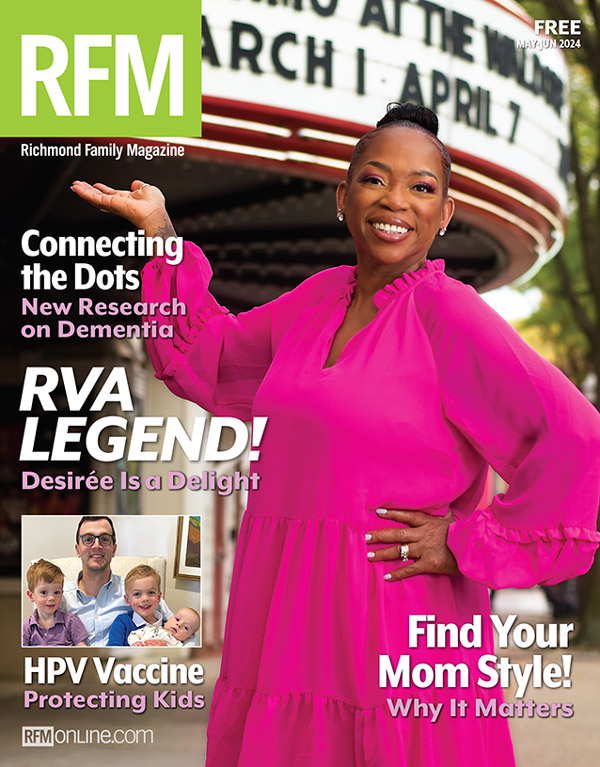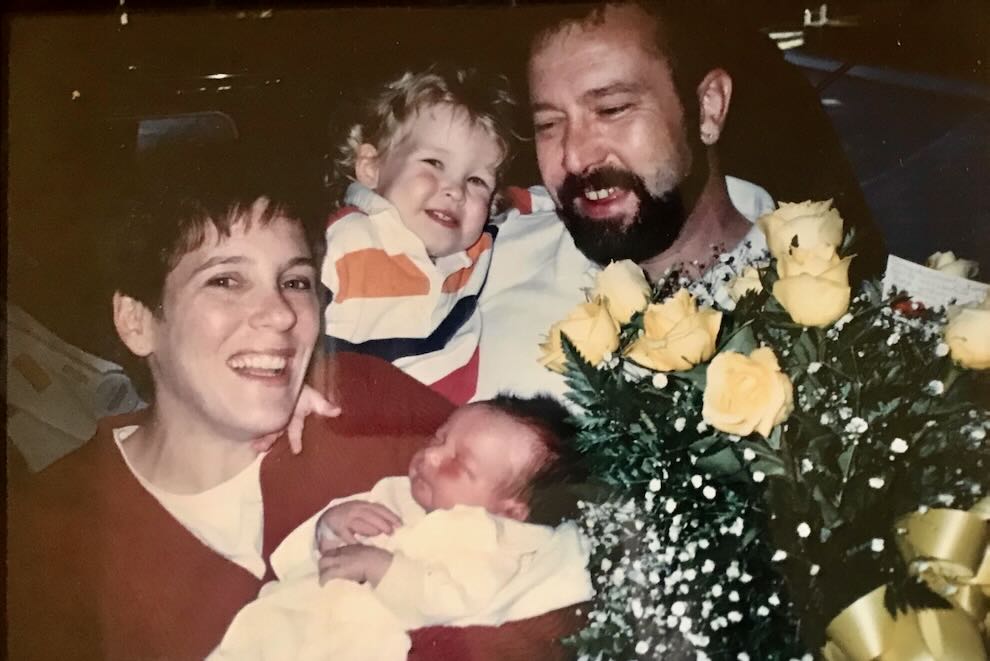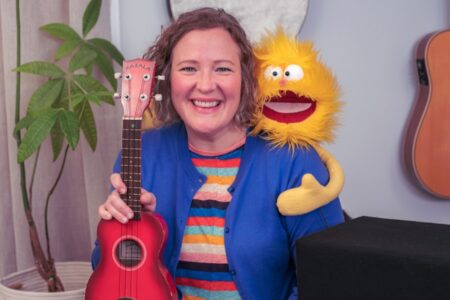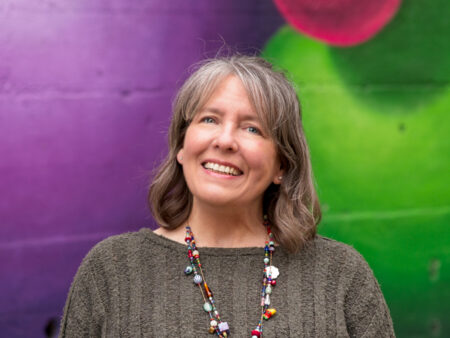When our firstborn was just shy of eleven months, my husband was hit with a sudden and scary viral infection that landed him in intensive care. In an instant, everything about our little family’s life changed and for about a week, my husband – with whom I had been planning to make another baby and start house shopping – was so sick that he didn’t even recognize me.
Our network of friends and family pitched in to support us, offering to take care of baby Sam so I could go to work (I was full-time in communications with a local company back then) and be at the hospital to hear doctors tell me they had no idea how to make my husband better.
Most evenings, I’d take Sam to the hospital with me. She charmed all the nurses and became an expert waver as I wheeled her down the hall to her daddy’s room after he was transferred from the ICU. Here I’d sit by Scott’s bedside, watch the local news, pray, and finally – and gratefully! – breastfeed Sam before putting her down to sleep in a stroller. At ten o’clock, I’d wheel her back down the hall past the nurses’ station and head home to put her in the crib for the night.
During this chaotic time, I was shooting for the one-year breastfeeding mark recommended by the American Academy of Pediatrics. A good friend who had been spending a lot of time taking care of Sam took one look at me and suggested that I wean her sooner rather than later. What she didn’t realize was at that point in my life, breastfeeding my baby was the only thing keeping me going.
When I found out I was pregnant, my decision to breastfeed was made for one reason: I wanted nothing to do with formula. I didn’t want to pay for it, mix it, or make it. I especially didn’t want to sterilize or wash bottles and nipples. We didn’t have a dishwasher. No one in my family was a big proponent of breastfeeding, so I was flying blind on this one. After Scott and I attended a breastfeeding class at the hospital where I would give birth, I was more determined than ever to make it work.
The first and most important thing to know about breastfeeding is this: It is not easy. Despite it being billed as the most natural thing you can do to take care of your baby, it doesn’t come naturally and it doesn’t automatically work for every woman or baby (yes, babies can actually suck at breastfeeding!). Even though my baby will be a junior at VCU in the fall and it has been twenty years since I’ve breastfed, I have some tips that I hope will help you on your breastfeeding journey.
1. You are not a pacifier.
Early in the process (the first few days), if you’re getting the hang of it and things are going well, you might be tempted to let your baby nurse for too long. She seems so content, you tell yourself, and it’s a hassle to switch breasts or even move her. I learned this lesson the hard way. Stick to the recommendations of ten to fifteen minutes on each breast, and then cut her off.
2. Have the frozen peas (or cold packs) and lanolin ready.
During our breastfeeding class, the instructor told us pregnant women to “toughen up” our nipples in preparation for breastfeeding. Thankfully, this is no longer a thing. It is fun, however, to remember Scott hurling insults at my nipples to toughen them up on the way home from that class. Although there’s no way to pre-game breastfeeding, you can be ready with the necessary supplies when or if you’re dealing with engorged breasts and/or cracked nipples.
3. Get a breast pump if things are going well and you’re returning to work.
As I was preparing to go back to work after six weeks of leave, our pediatrician gave me the best tip ever for pumping breastmilk (and he learned it from his wife): When you’re nursing the baby on one side, hook up the pump to the other breast. Not only does this fill up a bottle’s worth of breastmilk in no time, it empties both of your breasts which helps you produce more milk.
4. Eat like a normal person.
You don’t have to equate breastfeeding with self-sacrifice and denial. I ate what I wanted, when I wanted, the whole time I breastfed. My babies were not adversely affected by Mexican or Greek food (my favorites). I also drank regular coffee and all of my babies were good sleepers. As long as you’re producing milk and your baby is soiling diapers and gaining weight, everyone will be fine.
5. Don’t breastfeed solely for the baby health benefits.
Sure, that reduced risk of your child having allergies, eczema, asthma, and ear infections looks great in the baby books, but when your kids end up having all of those things (except the asthma), you don’t want to resent all the months you spent wearing ugly bras and leaking at work when you thought about your baby.
Finally, as a mom who breastfed all three of her babies, I believe there are many reasons to try it. Ultimately, you might decide to breastfeed to save money, because you’ve heard it helps you get back into shape, or because you really want to try out The Nursing Nest at The Diamond. Whatever your reasons and however long you end up breastfeeding – whether it’s one day or one year – I wish you support and lots of luck. Oh, and a baby who’s a natural born sucker!







